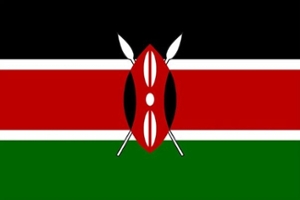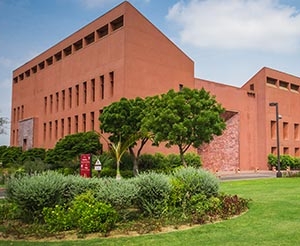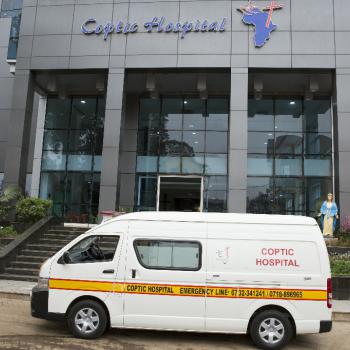Kenya

Institutions
Aga Khan University East Africa
The AKU Faculty of Health Sciences (FHS) East Africa was inaugurated in Nairobi, Kenya in 2007. In keeping with the Aga Khan University’s overall vision in Africa, the AKU-FHS focuses on producing health professional leaders through its training programs, building strong programs of research, supporting best practice in the delivery of health services, and contributing to the broader community through partnership. The FHS has campuses in Nairobi, Dar es Salaam and Kampala, which include university facilities for education and research linked to a rebuilding and expansion of the hospitals and outreach centers and linkage to other AKDN health facilities, connecting through advanced technologies, to create an international quality Academic Health System. AKU Hospital (AKUH) in Nairobi is the main health sciences teaching hospital for the FHS and the regional hub for the developing AKDN East Africa integrated health system.
Learn more
Coptic Hospital
The Coptic Hospital was established in Nairobi, Kenya, in 1994. It serves both inpatients and outpatients in a wide variety of medical specialties on its large campus as a tertiary care center. The Coptic Hope Center for Infectious Diseases on Ngong Road was founded in 2004, which is a comprehensive antiretroviral therapy (ART) treatment facility that is funded by the President’s Emergency Plan for AIDS Relief (PEPFAR). One of the largest single-site centers for HIV care in Kenya, it has offered free treatment and management to thousands of HIV-infected men, women, and children since it opened in 2004, including many who were co-infected with TB
Learn more